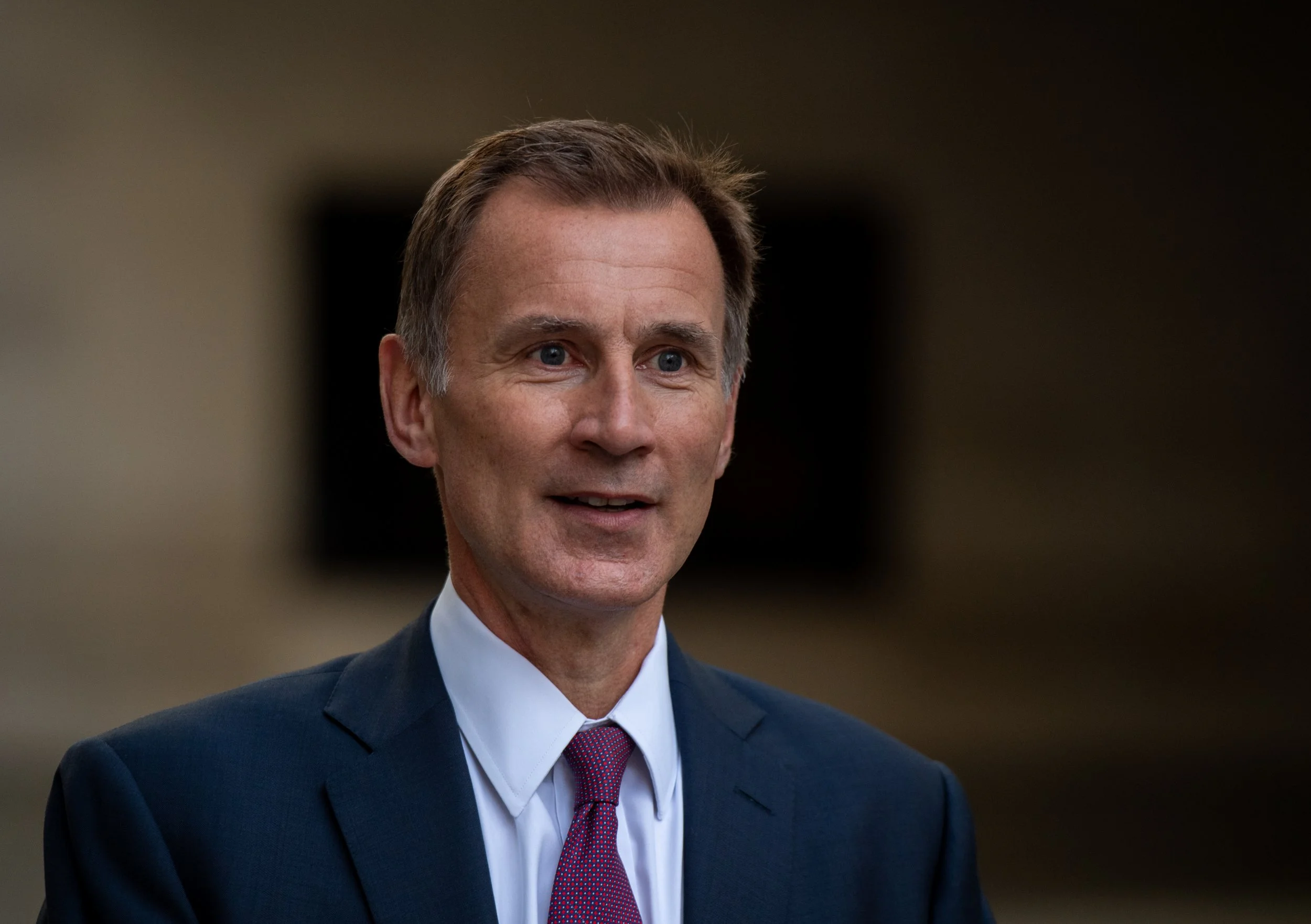Recent comments from the new Chancellor, Jeremy Hunt, have prompted uncertainty over the future of the state pension triple lock, with industry experts suggesting that there could be a “genuine tussle” between politics and ensuring the sustainability of public finances.
Speaking in the House of Commons yesterday (17 October), Hunt was asked whether he could confirm that the state pension will rise with inflation in April, as promised under the triple lock.
However, Hunt failed to give this commitment, stating: “I am very aware of how many vulnerable pensioners there are, and of the importance of the triple lock.
“As I said earlier, I am not making any commitments on any individual policy areas, but every decision we take will be taken through the prism of what matters most to the most vulnerable.”
Hargreaves Lansdown senior pensions and retirement analyst, Helen Morrissey, highlighted the comments as "concerning", prompting renewed uncertainty around the future of the triple lock.
Morrissey noted that the inflation figures to be used as part of the triple lock formula, due to be published tomorrow (19 October), are expected to be much higher than either wages (5.4 per cent to August) or 2.5 per cent, giving pensioners a state pension uplift of around 10 per cent.
"There will be many pensioners banking on this increase, especially after last year’s increase of just 3.1 per cent was rapidly swallowed up by rising inflation leaving many people struggling to cope," she added.
"We’ve already had far too much uncertainty about whether the triple lock would be applied. State pension uprating is usually confirmed in November so there will be an anxious wait for many pensioners to see what they will get.”
Adding to this, AJ Bell head of retirement policy, Tom Selby, noted that the state pension triple lock has proved "a hugely divisive policy, lauded by those who argue it provides much-needed protection to retirees and criticised by others who warn it exacerbates intergenerational unfairness".
“However, in the midst of a brutal cost-of-living crisis, one thing is absolutely clear – it is extremely valuable to those in receipt of the state pension," he stated.
Selby suggested that the most obvious alternative to a "full-fat" triple lock state pension increase would be to scrap the inflation element and apply an earnings-linked rise instead, arguing however, that this would amount to a real-terms income cut for millions of retirees.
“If inflation comes in at 10 per cent tomorrow, the loss of income versus an inflation-linked increase would be over £430 a year for someone in receipt of the full flat-rate state pension," he explained.
"Someone being paid the full basic state pension, meanwhile, would see their income rise by over £330 less.”
However, Selby acknowledged that the costs associated with maintaining the triple-lock next year are "likely to be eye-watering", suggesting that this is "undoubtedly the reason the UK’s latest Chancellor, Jeremy Hunt, is reluctant to commit to the policy".
Indeed, estimates from the Office for Budget Responsibility suggest that every 1 percentage point increase in the value of the state pension costs the Treasury somewhere in the region of £1bn, meaning that a move to an earnings link could save the Chancellor £4-5bn.
“Even in the context of the huge programmes of government spending we have seen in recent years that is a sizeable chunk of cash," Selby stated.
“What we have here is a genuine tussle between politics and ensuring the public finances remain on a sustainable footing.
“Clearly no politician wants to head towards a general election having applied a real-terms cut to pensioners’ incomes, and you would think No.10 will be fighting hard against such a measure.
“If the triple-lock is canned for a second year in a row, it would be hugely controversial and only add to the political pressure being piled on this government.”
Although the state pension triple lock was previously suspended amid the impact of Covid-19, the government has repeatedly committed to reinstating the triple lock for the remainder of parliament, including as recently as 13 October.
This article first appeared on our sister title, Pensions Age.
Latest News
-
Average UK house price surpasses £300k – Halifax
-
Bank of England holds base rate at 3.75%
-
Mortgage Advice Bureau acquires Dashly
-
Bridging loans fall to lowest average completion time in eight years
-
Regulators announce first six firms to join ‘Scale-Up Unit’
-
House prices recover month-on-month in January – Nationwide
Perenna and the long-term fixed mortgage market

Content editor, Dan McGrath, spoke to head of product, proposition and distribution at Perenna, John Davison, to explore the long-term fixed mortgage market, the role that Perenna plays in this sector and the impact of the recent Autumn Budget
The role of the bridging market and technology usage in the industry
Content editor, Dan McGrath, sat down with chief operating officer at Black & White Bridging, Damien Druce, and head of development finance at Empire Global Finance, Pete Williams, to explore the role of the bridging sector, the role of AI across the industry and how the property market has fared in the Labour Government’s first year in office.
NEW BUILD IN FOCUS - NEW EPISODE OF THE MORTGAGE INSIDER PODCAST, OUT NOW

Figures from the National House-Building Council saw Q1 2025 register a 36% increase in new homes built across the UK compared with the same period last year, representing a striking development for the first-time buyer market. But with the higher cost of building, ongoing planning challenges and new and changing regulations, how sustainable is this growth? And what does it mean for brokers?
Does the North-South divide still exist in the UK housing market?

What do the most expensive parts of the country reveal about shifting demand? And why is the Manchester housing market now outperforming many southern counterparts?
In this episode of the Barclays Mortgage Insider Podcast, host Phil Spencer is joined by Lucian Cook, Head of Research at Savills, and Ross Jones, founder of Home Financial and Evolve Commercial Finance, to explore how regional trends are redefining the UK housing, mortgage and buy-to-let markets.
In this episode of the Barclays Mortgage Insider Podcast, host Phil Spencer is joined by Lucian Cook, Head of Research at Savills, and Ross Jones, founder of Home Financial and Evolve Commercial Finance, to explore how regional trends are redefining the UK housing, mortgage and buy-to-let markets.
© 2019 Perspective Publishing Privacy & Cookies










Recent Stories